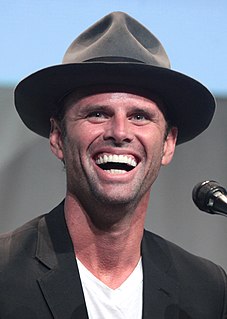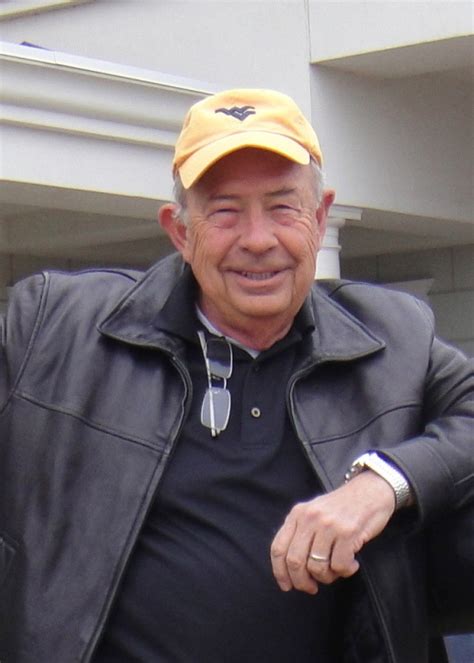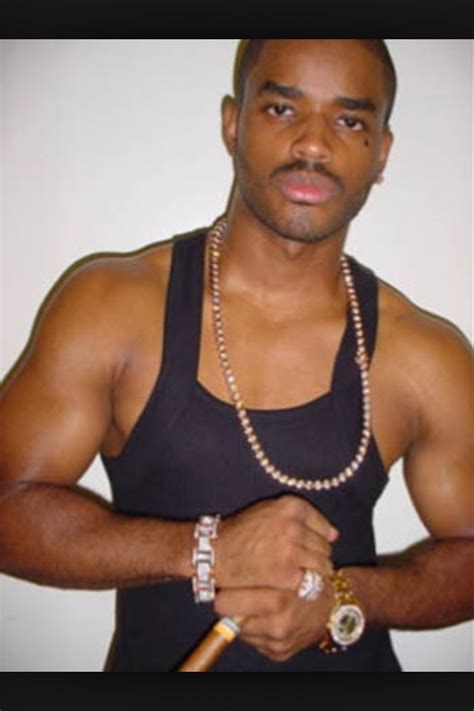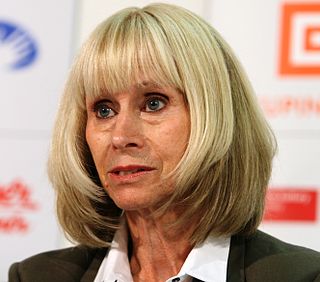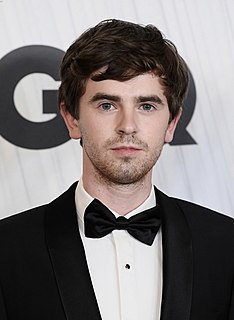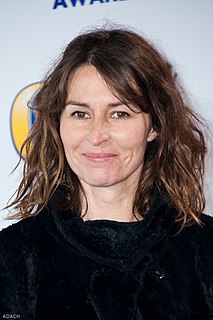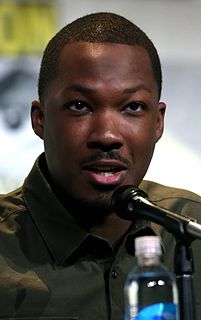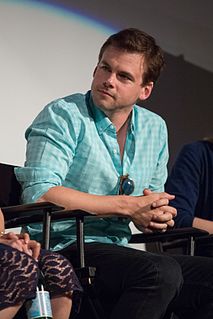A Quote by Harrison Ford
What I look for is identifying what the utility of a character is to the telling of the story overall. If I can identify that from reading the script, then I've got a clear idea of whether or not I think the character is worth playing.
Related Quotes
Writers shouldn't fall in love with their characters so much that they lose sight of what they're trying to accomplish. The idea is to write a whole story, a whole book. A writer has to be able to look at that story and see whether or not a character works, whether or not a character needs further definition.
It's true in the beginning I started playing villains, and I think that's pretty clear, because if you don't conventionally look a certain way and you've got a certain kind of presence when you're young, then what's available to you is character roles, and the best character roles when you're young tend to be villains.
Not every character that you play is going to be somebody that you like or love, but every character that you play has a story that is worth telling. If you're not the person to tell it, that's one thing. But if you don't want to tell it because you are afraid of the unpopularity of the character, I view that as a missed opportunity.
In novels you're able to occupy character's internal thoughts and it's really hard to do in a film or a TV show. When you're reading a character's thoughts or when it's in first person, you're reading kind of their own story, so you have the opportunity to see what makes that character complex or complicated. And to me that's what the whole point of fiction is.
This is a corny actor thing to say, but the first step is that you can't judge the character that you're playing. If it's built in three-dimensional fashion, you'll just play a character who's going out and seeking the best version of their life that they can find. That gives the character an accessibility that everyone can identify with.
TV and film both attract me equally. In both, you do search for a role that would be enjoyable to do, that has a great storyline and then, secondly, you look at the cast and the crew - are they respectable? How I look at it is my character - has the character got enough substance? It can't just be a one faced character, which is there to fill a gap. He has to have a purpose, so if it ticks all of those boxes then generally it's a good choice.


